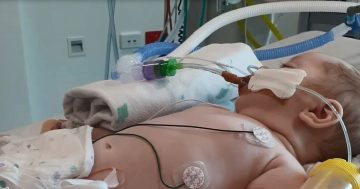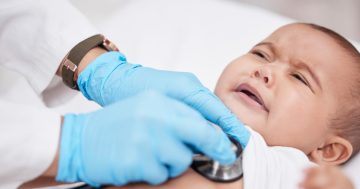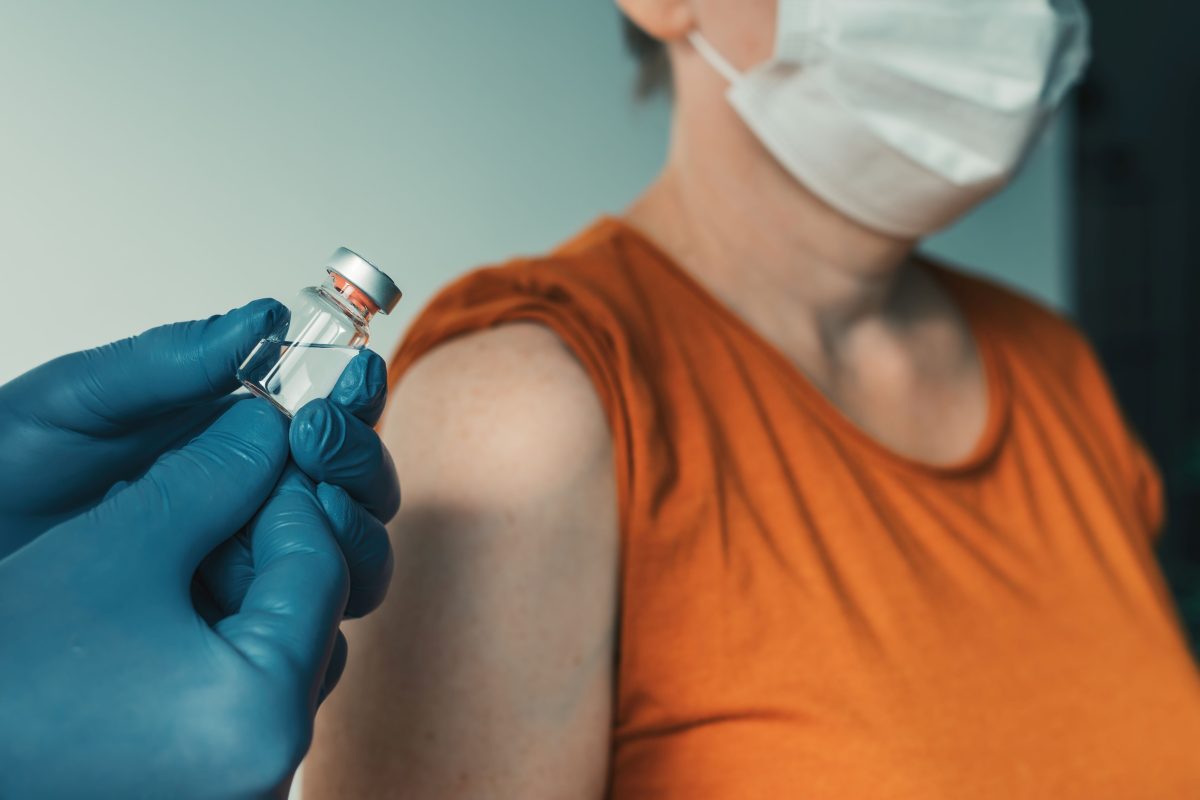
Free vaccinations are available for eligible mothers and babies. Photo: Igor Stevanovic.
The Malinauskas Government in South Australia is launching a new immunisation program to reduce rates of respiratory syncytial virus (RSV).
Pregnant women can receive an RSV vaccine free under the program, while babies and young children are eligible for no-cost immunisation with monoclonal antibodies.
Since the launch of the free RSV immunisation program earlier this year by both the State and Federal governments, more than 70 per cent of eligible pregnant women have been vaccinated and more than 3400 infants have been given the monoclonal antibody.
This year alone, there has been an almost 50 per cent reduction in RSV infection notifications for infants under one year old compared with similar data from 2024.
In addition, the number of RSV infant infections requiring hospitalisation has been cut in half to just 9 per cent.
“RSV can be very dangerous for babies. It’s fantastic that our immunisation program is helping to protect them,” SA Minister for Health and Wellbeing Chris Picton said.
“There’s been an excellent uptake of the program, with a significant reduction in infections and hospitalisations of babies.”
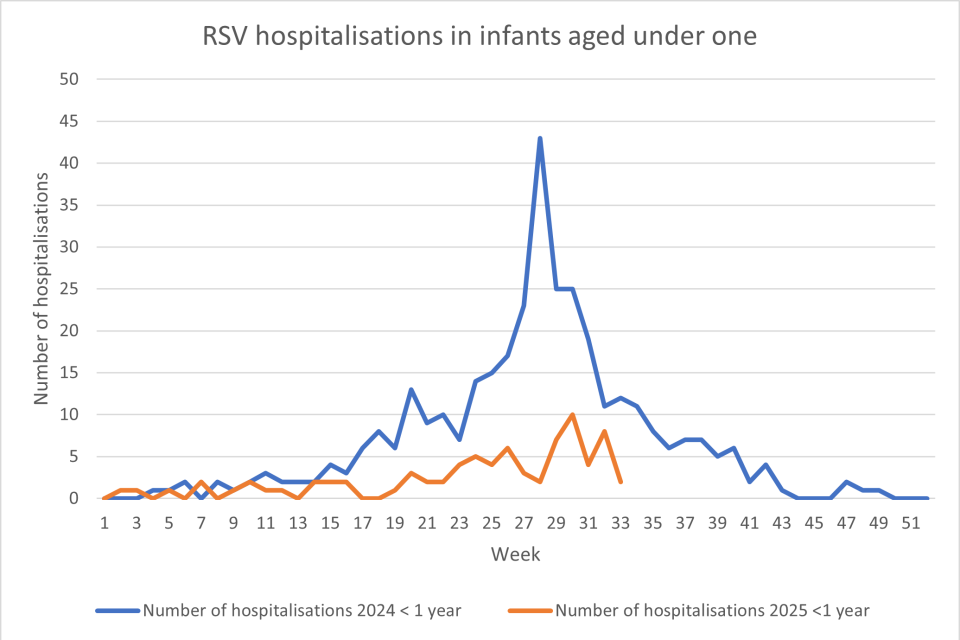
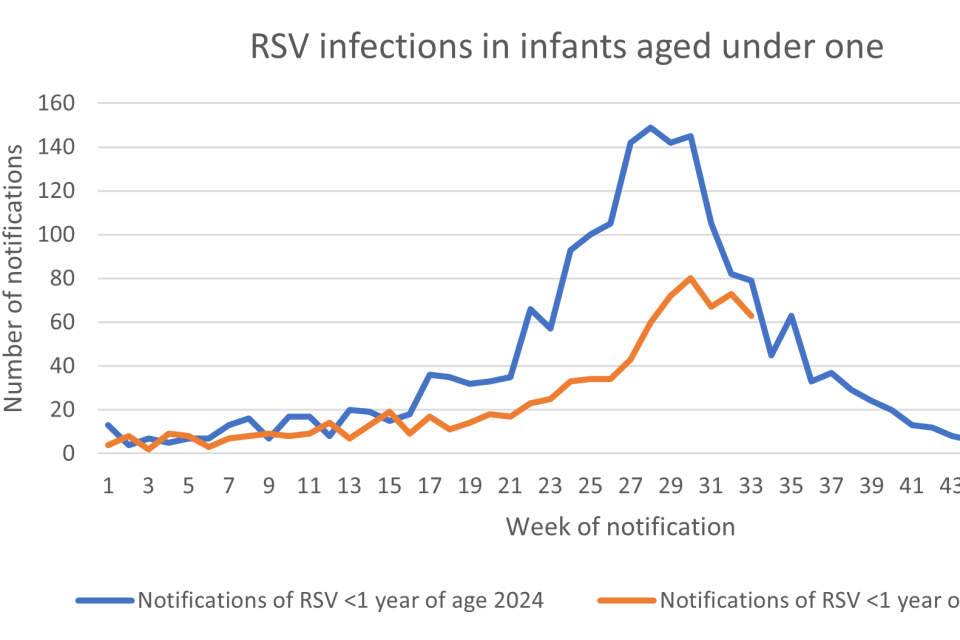
The government said data suggested the majority of the 79 infants under a year old who had been hospitalised with RSV had not yet been protected with immunisation.
Early results, including reduced hospitalisations, are promising for the future of the program and its potential to protect young people from RSV.
Given the danger that RSV poses to babies, with symptoms such as impacts on breathing, feeding and ability to maintain oxygen, RSV immunisation is a priority of the State Government.
Federally funded, the RSV Maternal and Infant Protection Program began in February, with the infant monoclonal antibody component starting in April to provide protection for infants under eight months of age whose mothers could not be vaccinated during pregnancy.
Immunisation is also available for children up to two years who have health conditions placing them at higher risk of RSV.
A full evaluation of the program is planned, which would include a critical analysis of the scheme’s effectiveness on rates of RSV infection and hospitalisation among infants. This review is set to be paired with an assessment of the program’s rollout.
“The RSV Maternal and Infant Protection Program is now available and easily accessible through your local GP, public hospital, local council immunisation program, pharmacies, the Royal Flying Doctor Service and Aboriginal health services,” Department of Health and Wellbeing Chief Public Health Officer Professor Nicola Spurrier said.
For more information on symptoms, treatment and prevention, check the SA Health website.


